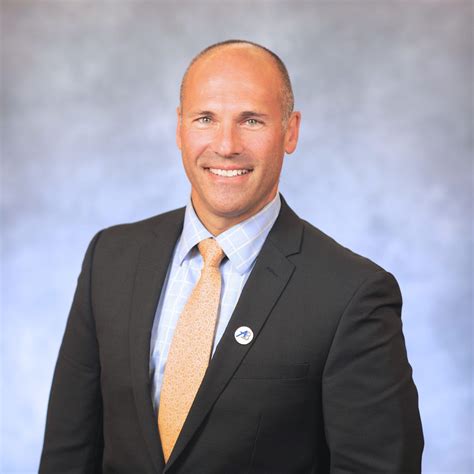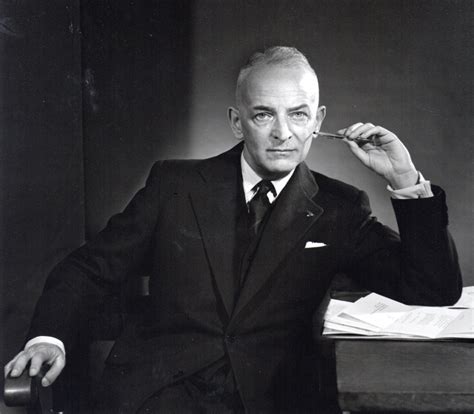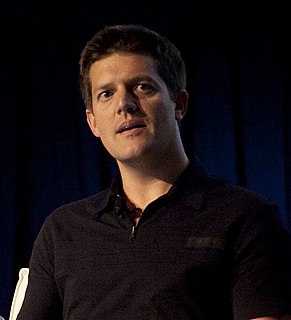A Quote by Steve Jurvetson
When the venture capital industry invests, it's usually because they sense there is money in them hills. And often it takes a high-profile winner to wake everyone up in the category. SpaceX is that company.
Related Quotes
Harvard and Yale concentrated with venture capitalists that got the best calls and brainpower. Very few firms made most of the money, and they made it in just a few periods. Everyone else returned between mediocre and lousy. When returns happened, envy rippled through institutional money management. The amount invested in venture capital went up 10 times post-1999. That later money was lost very quickly. It will happen again. I don't know anyone who successfully resists this stuff. It becomes a new orthodoxy.
There is always a critical job to be done. There is a sales door to be opened, a credit line to be established, a new important employee to be found, or a business technique to be learned. The venture investor must always be on call to advise, to persuade, to dissuade, to encourage, but always to help build. Then venture capital becomes true creative capital - creating growth for the company and financial success for the investing organization
There's nothing wrong with raising venture capital. Many lean startups are ambitious and are able to deploy large amounts of capital. What differentiates them is their disciplined approach to determining when to spend money: after the fundamental elements of the business model have been empirically validated.
When I get up and work out, I'm working out just as much for my girls as I am for me, because I want them to see a mother who loves them dearly, who invests in them, but who also invests in herself. It's just as much about letting them know as young women that it is okay to put yourself a little higher on your priority list.

































